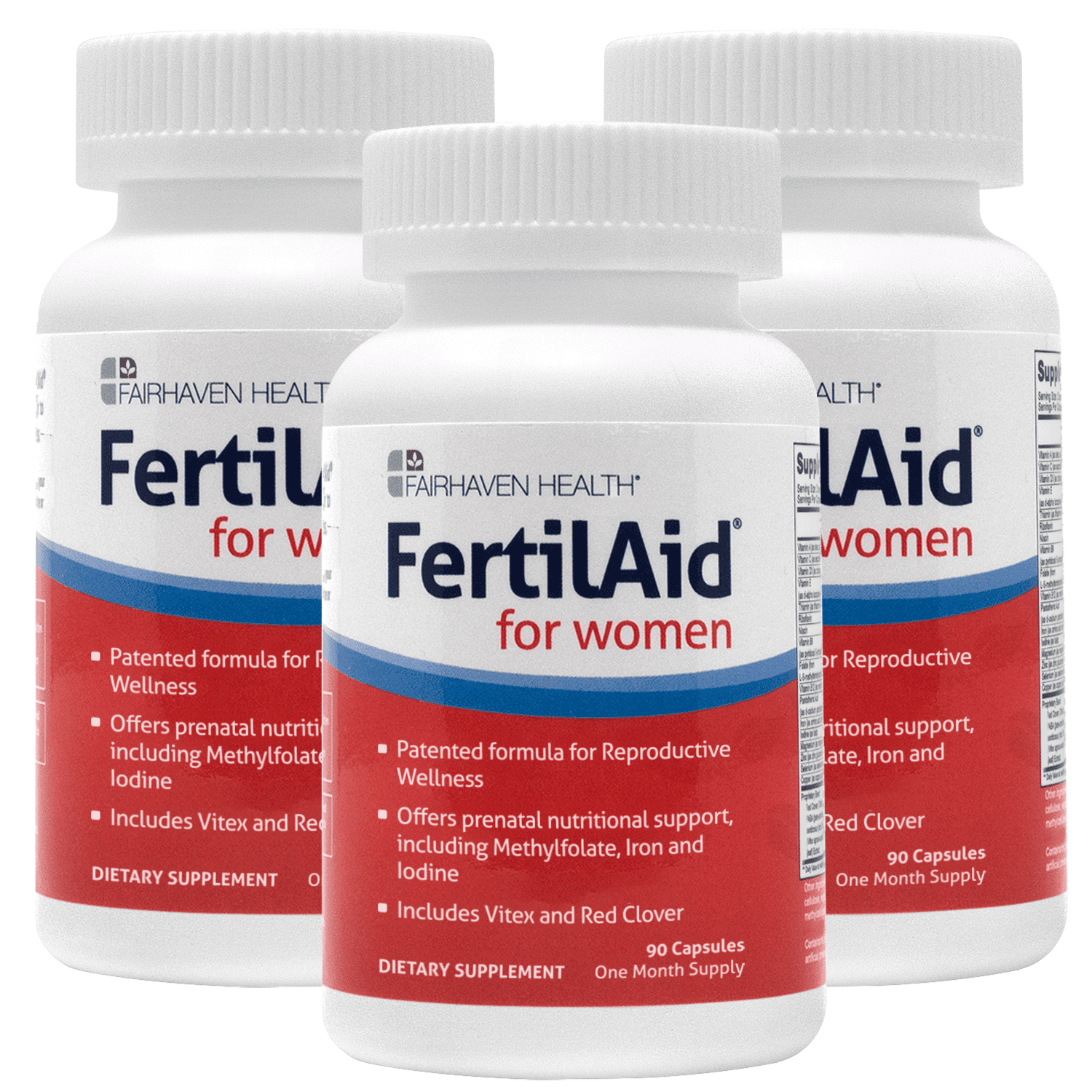Vitamin for Fertility: Boost Your Chances of Conceiving

Why Vitamins Are Essential for Fertility
Before diving into the specific vitamins, let's first understand why they are crucial for fertility. Vitamins and minerals are the building blocks of a healthy reproductive system. They help regulate hormone production, support egg and sperm development, and enhance overall reproductive function. A deficiency in any of these critical nutrients can lead to infertility issues.
Top Vitamins for Fertility
1. Folic Acid
Folic acid is a B vitamin that is essential for female fertility. It helps support ovulation and implantation of the fertilized egg. Additionally, folic acid is crucial during early pregnancy to prevent birth defects in the baby. Women trying to conceive should aim for 400-800 mcg of folic acid per day.
2. Vitamin D
Vitamin D is essential for both male and female fertility. It helps regulate hormone production, improve sperm quality, and increase the chances of successful embryo implantation. A deficiency in vitamin D can lead to infertility, so it's essential to get enough sunlight exposure or take supplements to maintain healthy levels.
3. Vitamin E
Vitamin E is an antioxidant that helps protect reproductive cells from damage. It also plays a vital role in male fertility by enhancing sperm motility and reducing oxidative stress. Women can benefit from vitamin E as well, as it helps improve cervical mucus production, which is essential for sperm transport. Aim for 15 mg of vitamin E per day.
4. Iron
Iron is essential for female fertility as it helps support a healthy menstrual cycle. A deficiency in iron can lead to anemia, which can negatively impact ovulation and reduce the chances of conception. Women should aim for 18 mg of iron per day, especially during their menstrual cycle.
5. Zinc
Zinc is crucial for male fertility as it helps improve sperm count and motility. It also plays a role in female fertility by supporting egg development and regulating hormone production. Zinc deficiency can lead to infertility issues, so it's essential to consume enough zinc-rich foods or supplements.
The Benefits and Drawbacks of Taking Vitamins for Fertility
Benefits
- Increased chances of conception
- Improved overall reproductive health
- Reduced risk of birth defects
- Supports a healthy pregnancy
- Can be easily incorporated into your diet or taken as supplements
Drawbacks
- Too much of a specific vitamin can be harmful
- Not all supplements are regulated, which can lead to misleading or false claims
- Some vitamins may interact with medications, so it's essential to consult with a healthcare provider before taking them
FAQs
Q: Are there any natural sources of vitamins for fertility?
A: Yes, several foods are rich in fertility-boosting vitamins, such as leafy greens, citrus fruits, nuts, and seeds.
Q: Can taking too many vitamins harm my fertility?
A: Yes, excessive intake of certain vitamins can have adverse effects on fertility, such as vitamin A. It's essential to follow the recommended daily intake and consult with a healthcare provider before taking any supplements.
Q: Can men benefit from taking vitamins for fertility?
A: Yes, men can benefit from taking vitamins for fertility, especially vitamin D and zinc.
Q: How long should I take vitamins before trying to conceive?
A: It's recommended to start taking fertility-boosting vitamins three months before trying to conceive to ensure adequate nutrient levels in the body.
Conclusion
Proper nutrition is crucial for enhancing fertility and increasing the chances of successful conception. By incorporating the right vitamins into your diet or taking supplements, you can support a healthy reproductive system and improve your overall reproductive health. However, it's essential to follow the recommended daily intake and consult with a healthcare provider before taking any supplements. Remember, a healthy and balanced diet is the foundation for a healthy pregnancy and baby.
